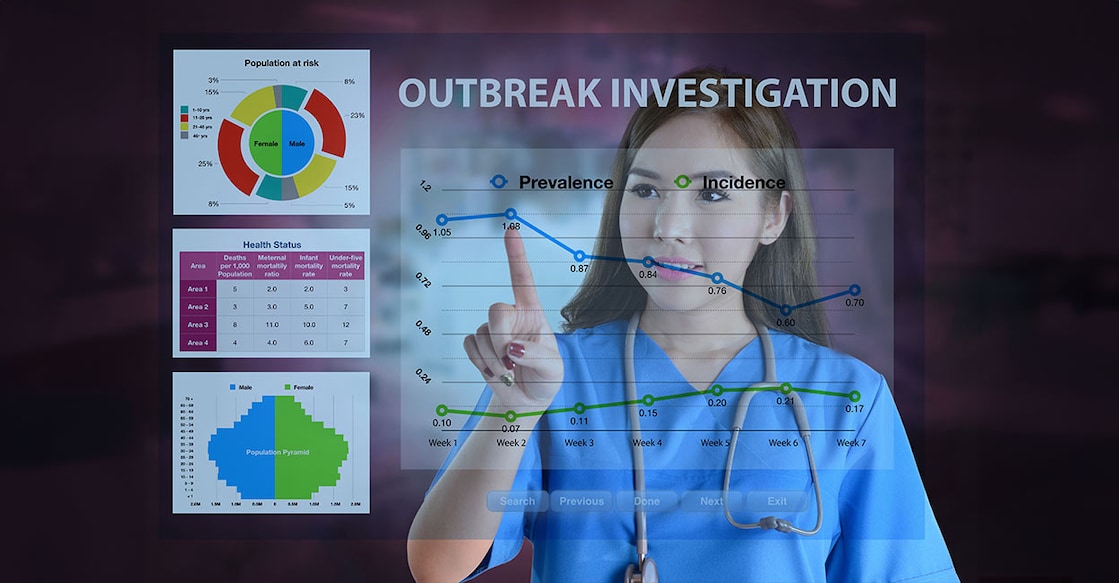Big opportunities for epidemiologists in India, abroad; what’s the profession all about?

Mail This Article
Epidemiologists gained significant recognition during the COVID-19 pandemic, one of the most severe crises humanity has faced this century. Life came to a near standstill globally for about three years, introducing everyone to terms like lockdown, quarantine, route map, and vaccine. Throughout this period, the disease control sector was pivotal in preventing the spread of the pandemic and managing the infection. Epidemiologists are the professionals who engage in such measures to maintain public health.
There is a big demand for epidemiologists not only in India but also in several other places, including the US and Europe. The profession presents an attractive career option for doctors and other medical experts. While a regular doctor treats individual patients, an epidemiologist studies how diseases spread, identifies affected populations, analyses patterns, and determines infection rates to develop containment strategies. In essence, epidemiology integrates various branches of medicine, research, and investigation, and practitioners play a crucial role in disease prevention.
Epidemiologists investigate public health threats and propose remedial measures, engaging in extensive data collection and analysis. For instance, data analysis by epidemiologists revealed that elderly people were most vulnerable to COVID-19.
Epidemiologists often need to travel extensively and adhere to strict deadlines. The basic qualification for becoming an epidemiologist is a master’s degree in Public Health. The National Institute of Epidemiology in Chennai, a central institution, offers programs such as Master of Public Health and Master of Science (Biostatistics). Eligibility for these epidemiology-based courses typically requires an MBBS degree.
Other institutions in India offering a master’s degree in Public Health include the All-India Institute of Hygiene and Public Health, which has a dedicated Department of Public Health. IIT Gandhinagar and the Homi Bhabha National Institute also offer programs in epidemiology.
In India, epidemiologists have numerous career opportunities in government agencies like the National Centre for Disease Control. Internationally, they can work with organizations such as the World Health Organization (WHO), Centers for Disease Control and Prevention (CDC), various non-governmental organizations (NGOs), and private institutions. Epidemiology is a highly regarded profession in Europe and the US, where professionals enjoy competitive salaries. The sector is expected to witness significant growth in the coming years.

